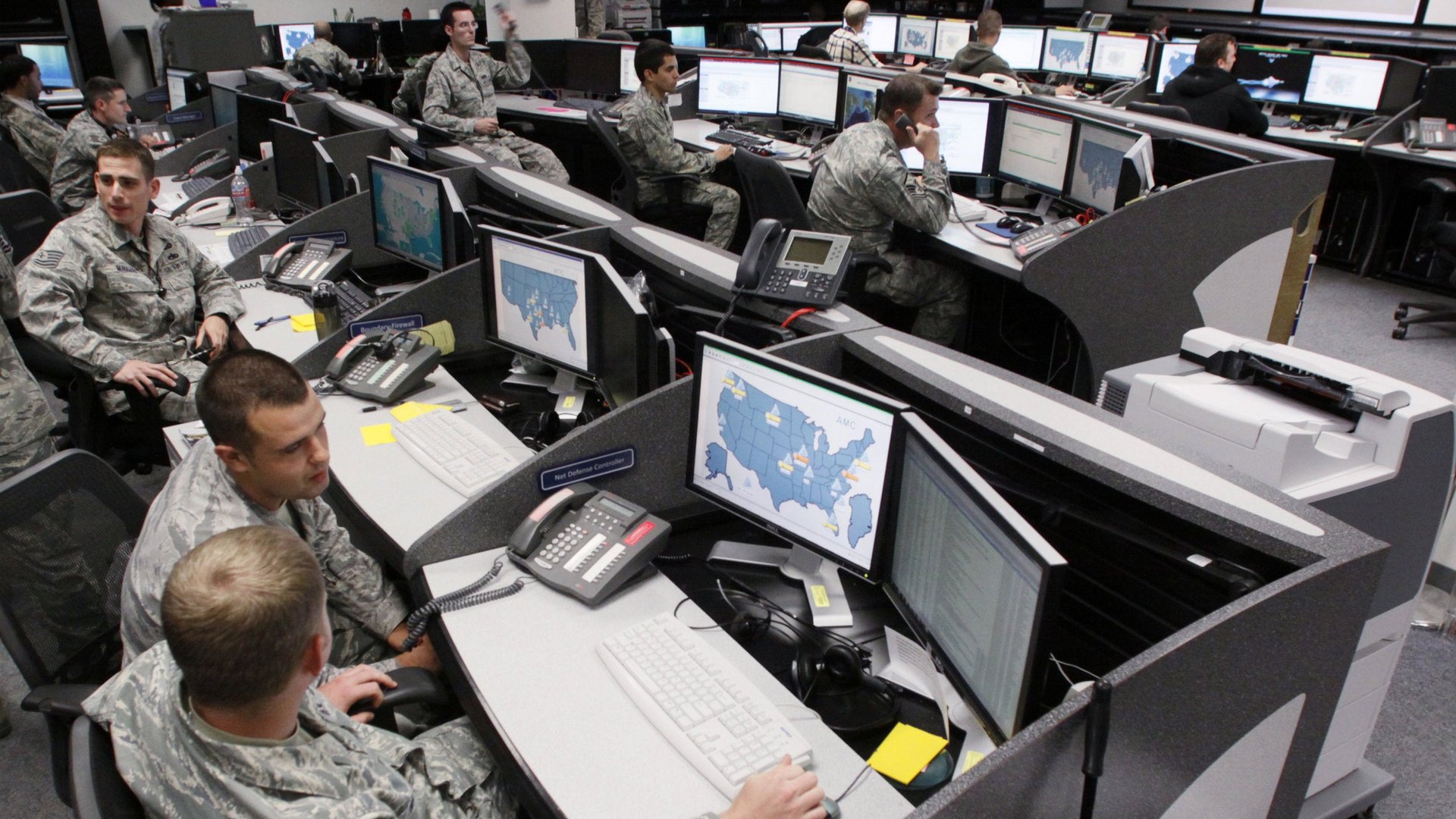State-sanctioned spying is rebuilding trade barriers the internet helped tear down
Earlier this year Paul Krugman, the economics Nobel laureate, proclaimed the death of protectionism. US import tariffs, he noted, have fallen so far that any remaining cuts will make pretty much no difference to the economy.


Earlier this year Paul Krugman, the economics Nobel laureate, proclaimed the death of protectionism. US import tariffs, he noted, have fallen so far that any remaining cuts will make pretty much no difference to the economy.
But even as he wrote it, scares over Chinese spying were already throwing up numerous obstacles to acquisitions of Western firms, from telecoms (Softbank-Sprint) to food (Shanghui-Smithfield) to wind power (Rails Corp). Since then, the revelations by Edward Snowden, a former National Security Agency (NSA) contractor, have raised similar worries about widespread American spying on governmental, personal and commercial communications.
In short, a new era of protectionism may be emerging—one driven not by fear of job losses but by worries of surveillance, and enforced not by tariffs but by security regulations. Consider the following examples from just the past few weeks:
The Canadian government stopped China’s Lenovo from buying BlackBerry: We always thought a takeover of the struggling Canadian phone maker by Lenovo was extremely remote, because BlackBerrys are still used extensively by the US and Canadian governments. We’ll never know whether Lenovo was being sincere or mischievous—China’s official state media is still trumpeting its interest—but the company did pursue a bid, forcing the Canadian government to act. The contrast with years gone by is unmistakeable: In 2005, Lenovo successfully bought IBM’s personal computer business with comparatively little fuss.
Australia reaffirmed its ban on Huawei. The Chinese equipment maker has long complained that covert protectionism has kept it out of the lucrative US market. But it faces resistance elsewhere too. Last week, Australia’s prime minister, Tony Abbott, upheld a ban against Huawei supplying equipment for the country’s nationwide, fiber-optic broadband network, on security grounds. The network, at a cost more than $30 billion, is the largest public works program in Australia’s history, and Huawei has been trying to get a piece of the action since 2008. The ban may well have merit, but there are now concerns that the impasse could threaten a free trade pact between the two countries, whose two-way trade surpassed $100 billion in 2011.
China is retaliating. When US congressional lawmakers accused Huawei of links to cyber-attacks last year, its US based rival, Cisco, reportedly began lobbying telecoms firms against Huawei to gain a commercial advantage. Cisco downplayed the claims, but that hasn’t prevented a fierce backlash against it in China, where Cisco itself has been labelled a national security risk. And following Snowden’s revelations, there are fears that other US technology companies operating in China could be affected too.
Things are hotting up in Europe too. Maybe its no surprise that the battle between for control of the internet between the US and its rival world power, China, has morphed into what appears to be a stealth trade war—or maybe the other way around. What is more interesting though, is the friction that the surveillance scandal has caused between the US and Europe, its close ally.
Earlier this week, it seemed as if the NSA spying scandal might derail a $300 billion trade pact between the US and Europe (though in the end, it didn’t). Lawmakers in Europe have also signaled they could use security concerns to block the Texas-based telecoms giant AT&T from buying the UK’s Vodafone, which has extensive operations throughout Europe. Such a deal, rumored now for a while, would represent one of the largest cross-border transactions ever. AT&T’s alleged involvement in NSA surveillance has Europeans concerned, though the links between the company and the claims of spying on German chancellor Angela Merkel appear tenuous at best.
Other examples are emerging too. Brazil is seeking to enact new laws that would force multinational firms to store data about its citizens only on Brazilian soil. Switzerland’s national telco, Swisscom, wants to build a new “Swiss cloud” to enforce greater privacy. Of course, many of the worries about government or commercial espionage may be justified. But protectionism masquerading as security is also a worrying trend, and worth keeping an eye on.